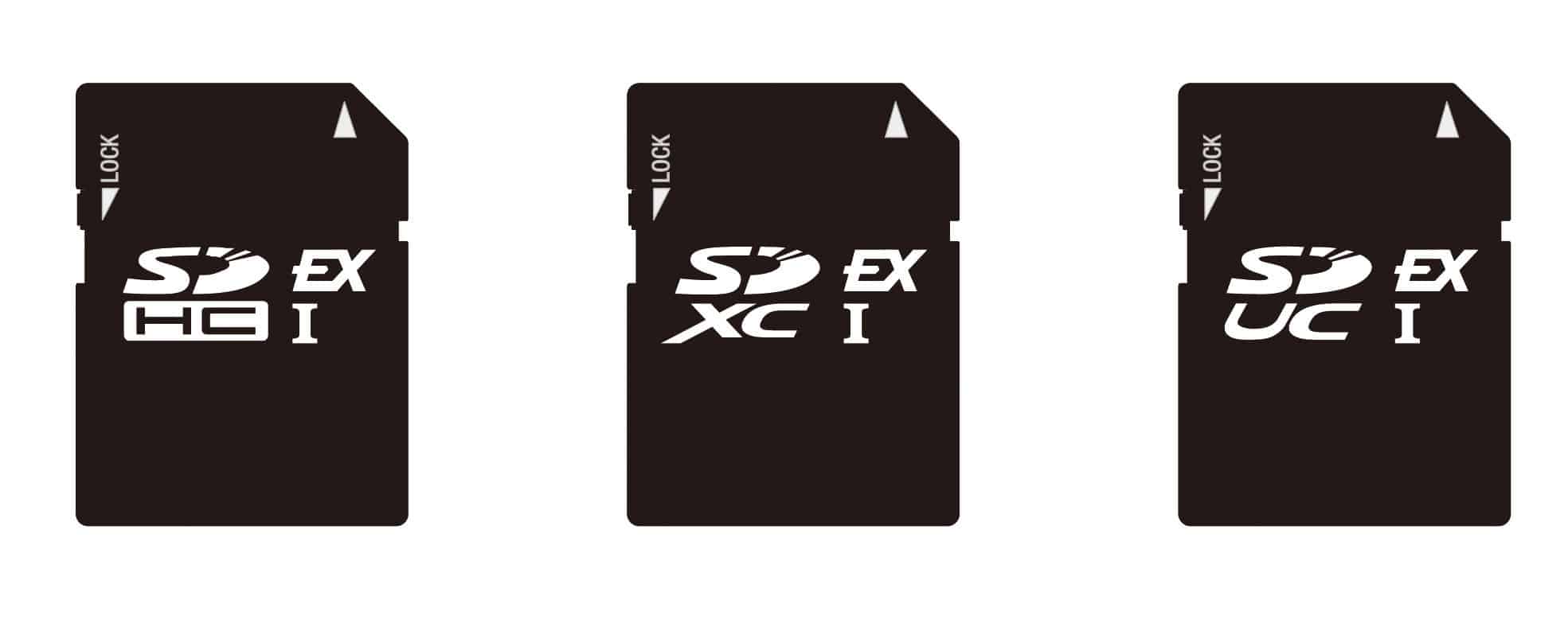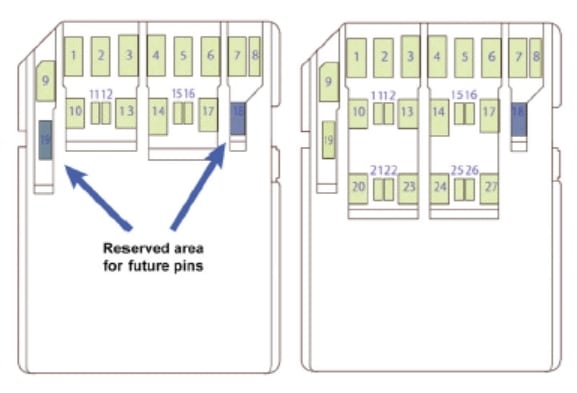SD cards are about to get insanely fast

When it comes to data storage, drives can never be "fast enough" or have capacity that is "large enough." We need manufacturers to continually push boundaries, making sure that technology never stops evolving. For instance, SD cards have been in use for many years now, but they are far faster than when they first hit the scene.
And today, The SD Association announces that SD cards are about to get faster than ever, thanks to the SD 8.0 Specification. With SD Express technology, which is based on NVMe and PCIe, you will eventually be able to buy an SD card with speeds nearing 4GB/s!
"SD Express uses the well-known PCIe 4.0 specification and the latest NVMe specification (up to version 1.4) defined by PCI-SIG and NVM Express, respectively. SD 8.0 specification provides two transfer speed options for SD Express memory cards. The two transfer speeds are accomplished by supporting either PCIe 3.0 x2 or PCIe 4.0 x1 architectures with up to ~2GB/s and with PCIe 4.0 x2 technology with up to 4GB/s. SD Express cards offering PCIe 4.0 x1 architecture use the same form factor as defined for SD 7.0 specification cards with a second row of pins to deliver transfer speeds up to 2 GB/s. SD Express cards supporting dual PCIe lanes (PCIe 3.0 x2 or PCIe 4.0 x2 technologies) have three rows of pins," says The SD Association.

The association further says, "SD Express gigabyte speeds bring new storage opportunities for devices with demanding performance levels, across a variety of industries. The cards can move large amounts of data generated by data-intense wireless or wired communication, super-slow motion video, RAW continuous burst mode and 8K video capture and playback, 360 degree cameras/videos, speed hungry applications running on cards and mobile computing devices, ever evolving gaming systems, multi-channel IoT devices and automotive to name a few. SD Express will be offered on SDHC, SDXC and SDUC memory cards."
Before you get too excited, please know you won't be able to buy such a card today, tomorrow, or even next month. These cards are still a long ways off from actual production. Not to mention, these speedy cards will not be compatible with existing devices. Instead, this will be a long -- and initially pricey -- journey. But still, it is exciting nevertheless.
